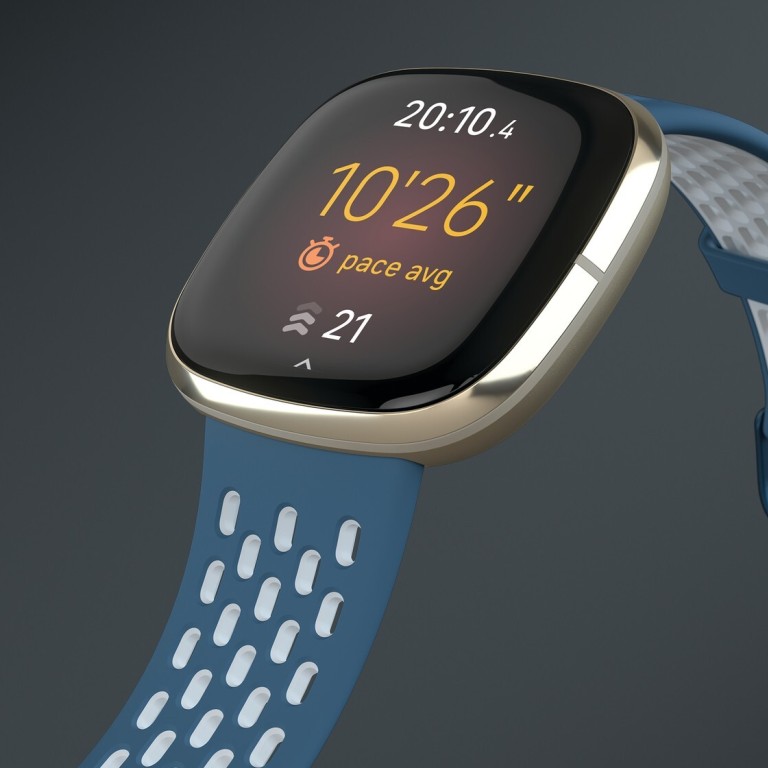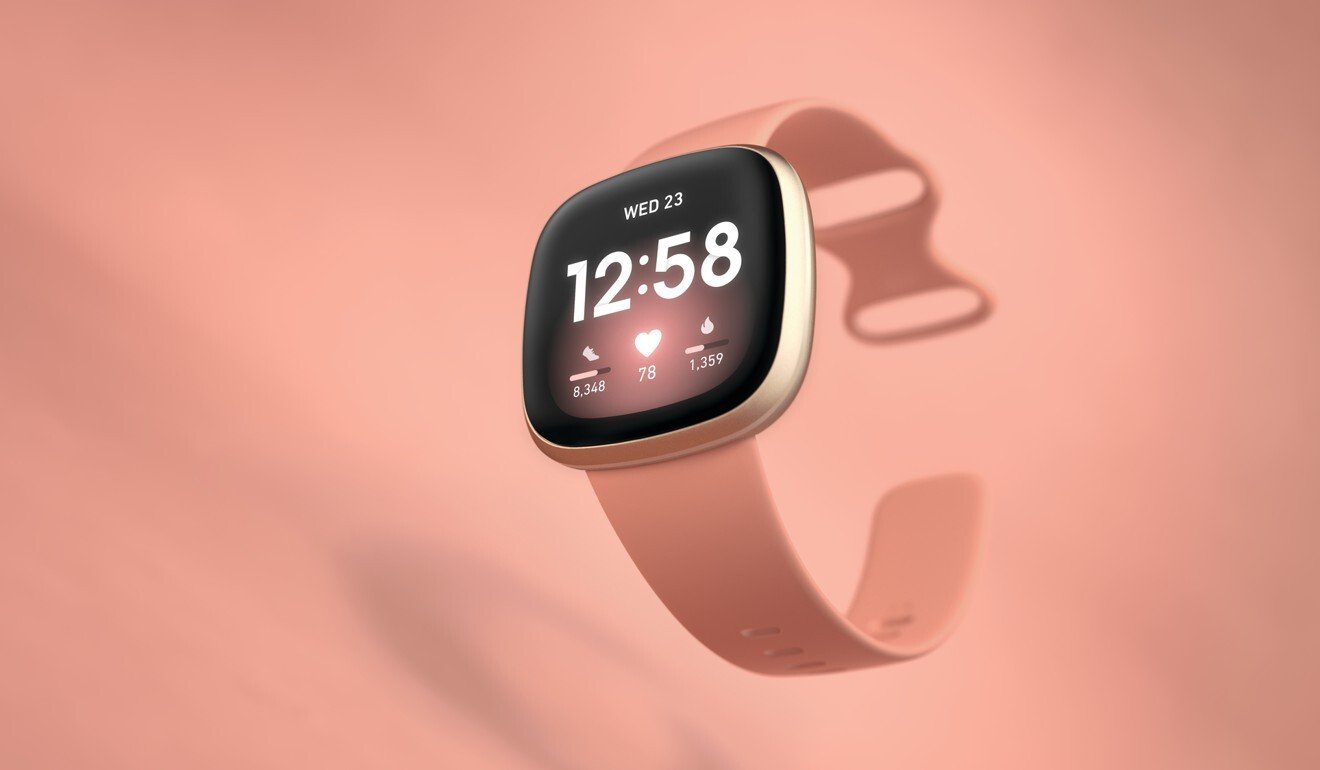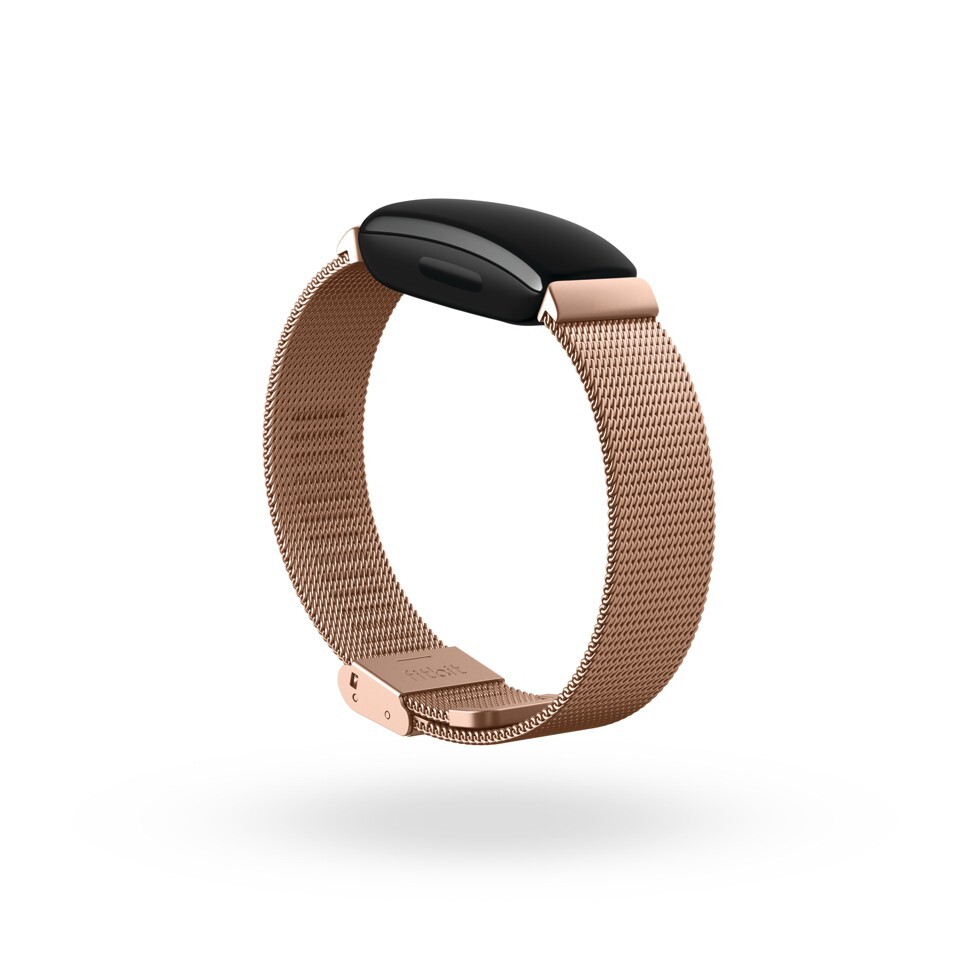
A Covid-19 detector on your wrist? That’s what Fitbit is claiming for its new Fitbit Sense smartwatch –it even reads your sweat
- The Fitbit Sense has a sweat sensor, a heart rate and breathing tracker, a skin temperature sensor, and a six-day battery life
- Fitbit believes the smartwatch could help in the early detection of symptoms of infectious diseases including Covid-19
Fitbit has unveiled a smartwatch enabled to tell if you may be feeling stressed out or potentially running a fever.
The company this week announced a trio of health wearables. At the centre of the line-up is the Fitbit Sense, an innovative smartwatch with sensors that help you better understand what might be happening to your body.
The hi-tech device comes with a sweat reading sensor that detects “small electrical changes” to tell you how your body responds to stress. So if your palms get sweaty when you’re feeling anxious the Sense can pick that up, the company claims.

“Wearables may be able to play an important role in the early detection of infectious diseases by acting as an early warning system, which is critical to slowing the spread of Covid-19 and better understanding disease progression,” said Eric Friedman, co-founder and CTO of Fitbit.
Samsung Galaxy Note20 5G Ultra first look: improved S Pen
The company worked with researchers at Stanford University, Scripps Research and King’s College London to determine if wearables can be used to detect potential signs of the coronavirus, Fitbit said.
The battery on the Sense lasts longer than six days, and you’re supposed to keep it on at night so the device can better monitor for trends.
Along with the Sense, Fitbit is rolling out new additions to its Versa and Inspire smartwatch families: the Fitbit Versa 3 and Fitbit Inspire 2.

The Fitbit Versa 3 comes with GPS tracking, enhanced pulse reading technology and a built-in speaker to take phone calls. Fitbit added access to Google Assistant and Amazon Alexa, so you can speak to the wearable the same way you would your smartphone.
The Fitbit Versa 3 is launching with a US$229.95 price tag and is available in black aluminium, pink with soft gold aluminium and navy with soft gold aluminium.

The tech company also revealed a refreshed version of its most popular entry-level step tracker. The Fitbit Inspire 2 adds more tracking features and the longest battery life of any Fitbit device at 10 days.
The Inspire 2 has GPS tracking, so you can get real-time pace and distance metrics as you go for a run without having to carry your phone. It also has over 20 exercise modes. The Fitbit Inspire 2 costs US$99.95 and comes in black, white and “desert rose”.
